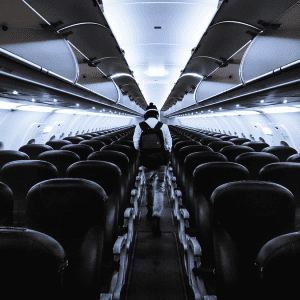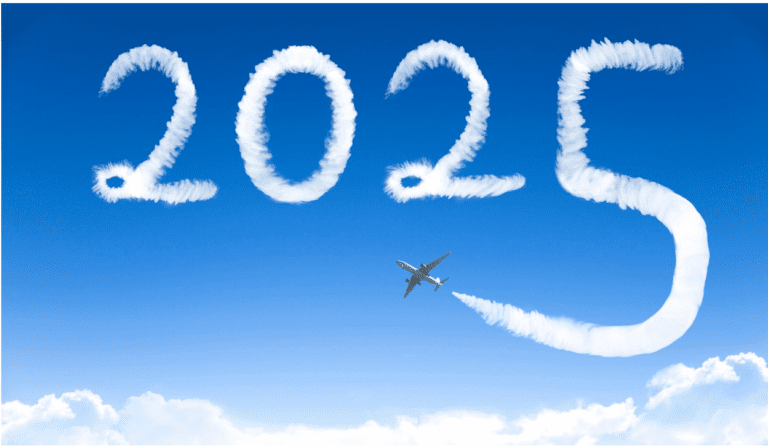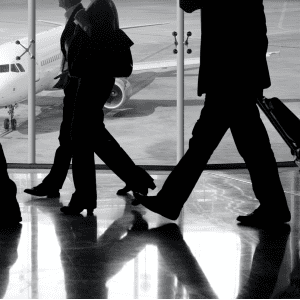 A new report found that caution impinged on plans for the year ahead, not just the summer, making an autumn bounce-back unlikely.
A new report found that caution impinged on plans for the year ahead, not just the summer, making an autumn bounce-back unlikely.
As of May, only 42% of UK adults were seriously considering an overseas short break or holiday in the next 12 months, a 43% drop on normal times and a 33% fall on intention in April last year. The intention of travelling domestically remained in line with pre-pandemic trends.
Low confidence that trips would go ahead was caused by concerns around the threat of government restrictions and/or quarantine either in the UK or in the destination, more so than the fear of catching COVID-19. The government has now lifted the requirement to quarantine after visiting amber countries, driving a surge in bookings.
Jon Young, Research Director, BVA BDRC, said: “The dominance of government restrictions in driving low confidence may provide a chink of light for the overseas travel industry. It suggests that if government restrictions continue to be reduced, confidence will increase – as has happened with domestic tourism. That said, people will need reassurances that restrictions won’t change at the drop of a hat, leaving them needing to unexpectedly quarantine – a key barrier.”
Confusion around the traffic light system of restrictions was central to reluctance to travel overseas, with only 23% of UK adults ‘very confident’ they understood the system. The traffic lights did, however, influence booking, with those planning an overseas holiday almost three times as likely to consider a ‘green’ destination than an ‘amber’ destination.
Young said: “With the traffic light system so influential on trip choice, destinations should do all they can to achieve that status. When achieving green status, destinations should shout it from the rooftops – the symbolism and practical implications are likely to significantly increase trip confidence and bookings. Green destinations should also consider aiding understanding of the traffic light system, helping to take down any micro-barriers to booking foreign travel.”
The lowest confidence to travel was recorded in the older age groups, with over 55s seeing a 42% drop in intention compared to normal times, but 18 to 34 year olds reporting a 34% drop. The over 55s were less likely to engage in activities that would increase the risk of contact with other people, such as air travel.
Young said: “Older age groups have exhibited the lowest confidence with overseas travel since the start of the pandemic. Whilst the successful roll-out of the vaccine has boosted their optimism and leisure behaviour, their confidence is yet to extend to activities that involve mixing with groups of people – of which overseas travel is one. The older age groups are more likely to fall into COVID cautious segments, meaning they will need to be reassured travel is safe, if they are to return to holidaying abroad any time soon.”
While the length of trip – around nine nights for anyone looking to spend more than four night away – had not changed on the year, compared to 2020, longer trips were less likely to be to a four or five star hotel, and more likely to be either stays with friends or relatives or self-catering. This was likely to reflect a drive for more self-sufficiency and the desire to reconnect with loved ones.
The findings were based on a nationally-representative survey of 1,750 adults conducted between May and August 2021.
To access a free copy of the report, please click here.


















